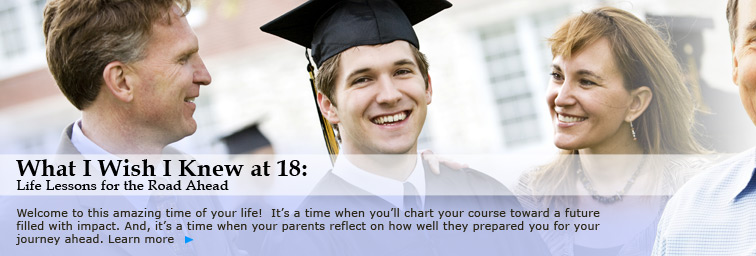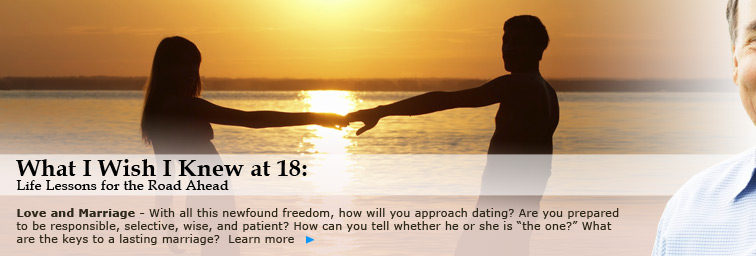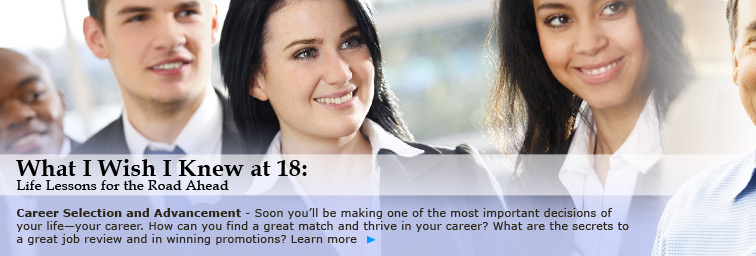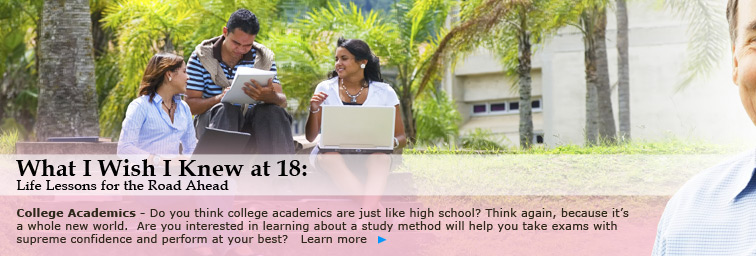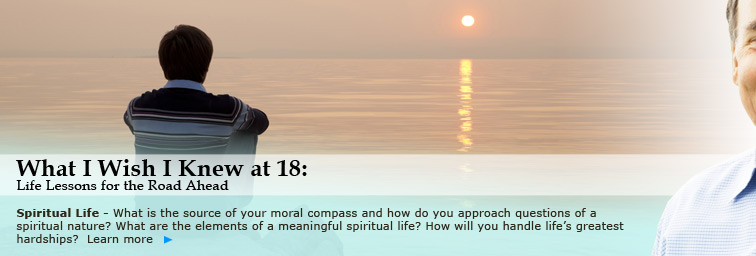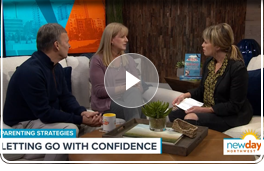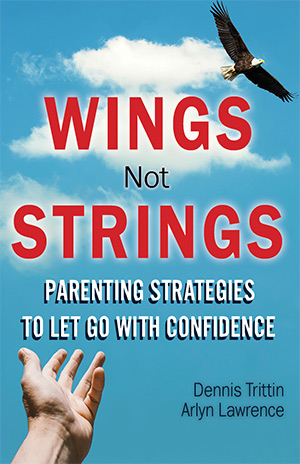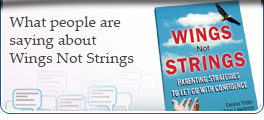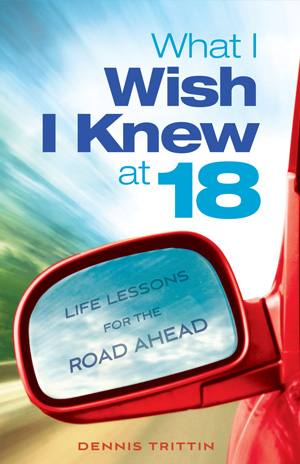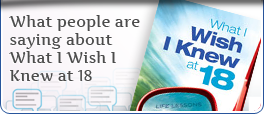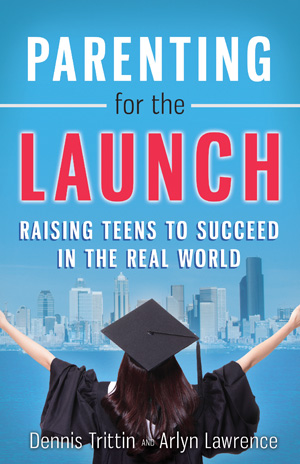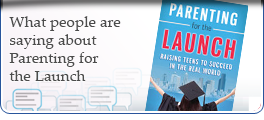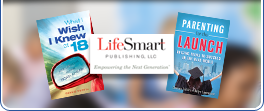Connect! (The Best Way to Help Students Succeed)
One of my (Arlyn’s) five children had a rather low GPA when he was in high school, relative to his capacity (and much to his parents’ constant dismay). It was a good thing he was an excellent test taker, because that, more than anything else, was what saved his bacon! He frequently told us, “Don’t worry, Mom and Dad; I’ll apply myself in college, where it really counts.”
Now, I’m not for a minute excusing that cop out, although I will concede he is making good on his promise. He has excelled in his classes, is almost ready to graduate with an ample GPA, and is planning to attend law school next year. What made the difference in his performance? In college, he connected with the subject matter—and to the professors who were instructing him.
What do you think is the strongest contributing factor to learning? There are several good answers to this question, but one that stands out particularly is CONNECTION. We learn best when we are engaged in some way with the subject about which we’re learning, and the environment in which we’re learning it. This important aspect of learning is based on the principle that humans are heavily influenced by how we feel and the emotional state we’re in.
Neuroscientists tell us that humans are fundamentally “hard-wired” to connect. This applies to everyone, but has particular ramifications for students who have been impacted by adverse childhood experiences (ACEs), including abuse, neglect, and poverty, etc., whose “connection” mechanisms in their brain have been impaired by these experiences. They can appear disinterested or anti-social, tending to push away the adults in their life with defiance, withdrawal, and sometimes violence, out of fear and self-protection. However, on the inside, what they really want to do is connect. They just don’t know how. Or, they can’t trust.
Here’s how this impacts their learning: when humans are in this affected state, the heightened level of cortisol in the body essentially puts a “padlock” on the learning centers in the brain. On the other hand, when social/emotional connections are made, powerful hormones are released (like dopamine and oxytocin) that diminish the cortisol levels and UNLOCK those learning centers. Emotions are the fast lane to the brain!
“Most of us think of ourselves as thinking beings that feel
but we are actually feeling creatures that think.”
-Dr. Jill Bolte-Taylor, Neuroscientist
If we want to close the achievement gap, if we want to help our kids learn the vital skills and lessons that will enable them to thrive in life, we’ve got to harness this powerful component of learning!
Educators, you may be thinking, I don’t have time to develop relationships with all my students. Or, I don’t want to risk rejection or disrespect by making myself vulnerable. Or even, I’m not particularly good at being relational. Thankfully, it’s not as complicated as it might seem. Things like smiles, small gestures of kindness and respect, and simple appreciation can all go a long way in contributing to a climate conducive to healthy social and emotional learning. Parents, this goes for you, too!
In our next blog, we’ll talk about four motivations that influence human behavior, decisions, and actions, and how they impact the process of Social Emotional Learning. You might be surprised by how they can help you relate to the children and teens in your life. We hope you’ll join us and keep the conversation going!
Check out LifeSmart’s What I Wish I Knew at 18 resources for developing life skills, college and workplace readiness, and a strong personal leadership foundation in teens. Conversationally written, and designed to impart life wisdom and practical skills in a relational context, our resources will help you make Social Emotional Learning a vital part of your classroom or home environment.
Tagged as: connections, education, at risk, relationships, teachers, teaching, teens, what i wish i knew at 18, social emotional learning, dropout prevention

